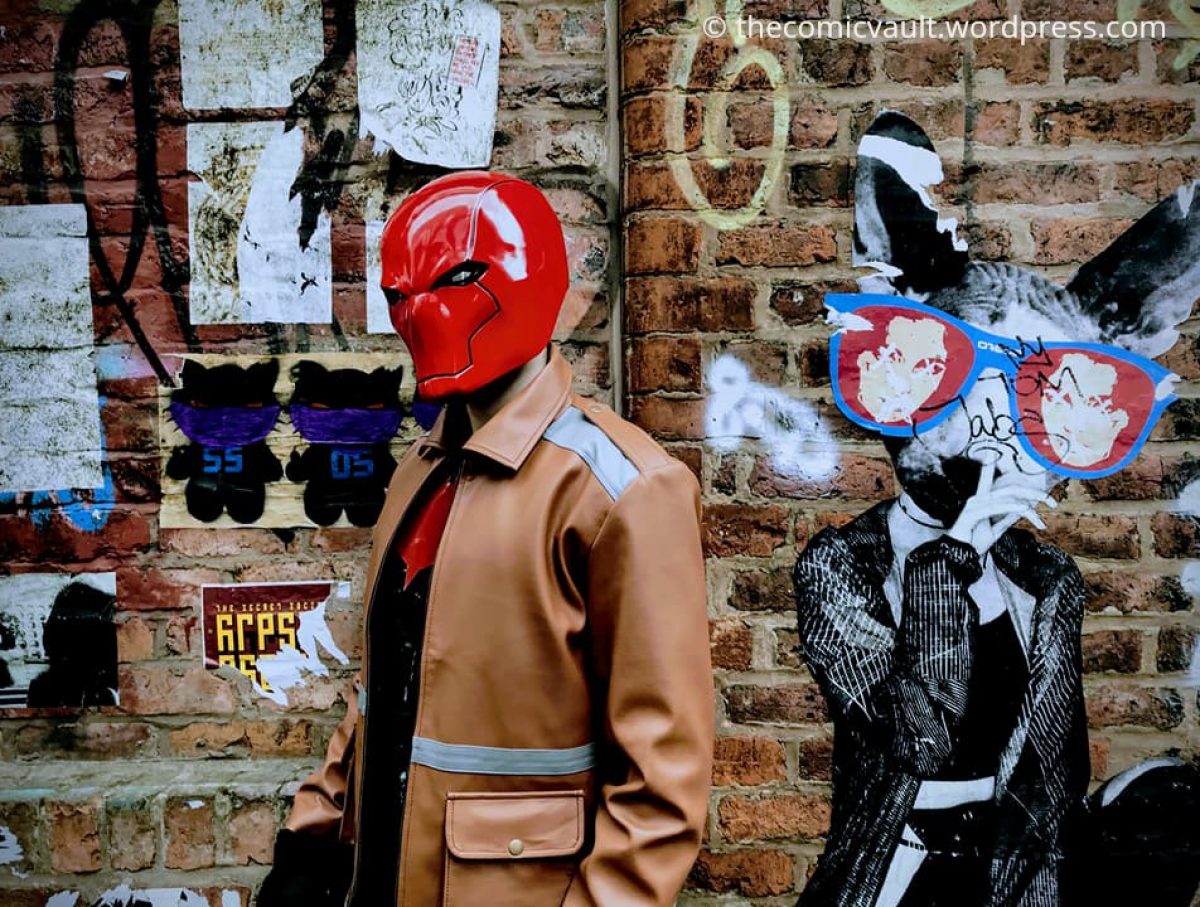As an industry, healthcare is an essential part of society. The UK is one of the leading healthcare bodies in the world, thanks to the efforts of the National Health Service (NHS). NHS workers and doctors are some of the hardest working people around. It could be argued they are real life superheroes because of their commitment to saving lives. A character who represents the courage of doctors is Faiza Hussain.
Starting off as a character without any powers, Faiza used her skills as a doctor to heal people. Eventually, she joined MI:13 and became the wielder of the legendary sword Excalibur. Faiza’s journey is inspirational, so I’m looking into how she can be used as a role model for anyone who is interested in becoming a doctor.
 Do no harm
Do no harm
Created by Paul Cornell, Faiza first appeared in the pages of 2008’s Captain Britain and MI:13. She was presented as a point of view character, a regular citizen drawn into the world of superheroes through her work. Faiza came from a Pakistani background and grew up in Chelmsford. She opted for a medical career, moving to London to further her experience.
Faiza’s initial contact with the superhero community happened during the Skrull invasion. While helping the wounded, Faiza was hit by an alien weapon that granted her powers. She gained the ability to control biological material, which helped her become a better doctor. For example, Faiza was able to disassemble a human body into its essential parts while keeping the patient alive. She thought of herself as a kind of ‘living scalpel’ that could put patients back together again.
 At the end of the Skrull invasion, Faiza pulled Excalibur from the stone and became its new wielder. She went on to become an important member of MI:13 and partner to Black Knight.
At the end of the Skrull invasion, Faiza pulled Excalibur from the stone and became its new wielder. She went on to become an important member of MI:13 and partner to Black Knight.
Religion and medicine
Faiza’s identity as a British Muslim is noteworthy, particularly because Cornell didn’t intend for her to be a champion of her community. Cornell explained his thoughts in an interview with CBR.
“I have two aims here: to make her a real person and not someone who has to represent the entire British Muslim world all the time. I think superheroes are too prone to being standard bearers for whole communities – and to make her an everyday religious person who you won’t hear anything religious from until it would naturally come up. Which is hardly ever.”
“She’s not going to be letting anyone down, though. She’s the young hero who will win through. I want people to adore her, not to be pleased she’s there as part of a quota system.”
The idea of a superhero representing a specific group is interesting. Characters like Kamala Khan and Monet St Croix are certainly great examples of realistic, Muslim women who aren’t defined by their faith. The same can be said for Faiza, who is motivated by her work as a doctor.
 Despite Cornell’s motivations, I think it’s possible for Faiza to be seen as someone who does champion her community. As the wielder of Excalibur, Faiza is an important British figure. In an alternate future created in Age of Ultron, Brian Braddock passes on the mantle of Captain Britain to Faiza. The image of a Muslim woman becoming the exemplar of England is a powerful one. It’s a reminder of how comics can provide a voice for different groups.
Despite Cornell’s motivations, I think it’s possible for Faiza to be seen as someone who does champion her community. As the wielder of Excalibur, Faiza is an important British figure. In an alternate future created in Age of Ultron, Brian Braddock passes on the mantle of Captain Britain to Faiza. The image of a Muslim woman becoming the exemplar of England is a powerful one. It’s a reminder of how comics can provide a voice for different groups.
Working in the healthcare industry requires a lot of skill. Faiza is a reflection of the people who put their heart and souls into giving others a fighting chance. It goes to show that don’t need to have superpowers to make a difference.
 There are a variety of talented medical professionals in the Marvel Universe. Doctor Nemesis is among them and you can read about how the character can be linked to the future of medical technology.
There are a variety of talented medical professionals in the Marvel Universe. Doctor Nemesis is among them and you can read about how the character can be linked to the future of medical technology.

